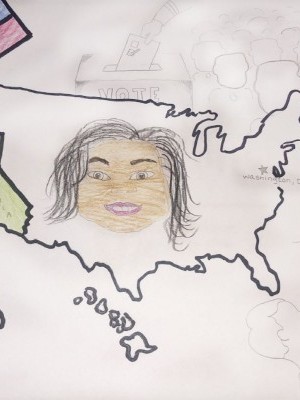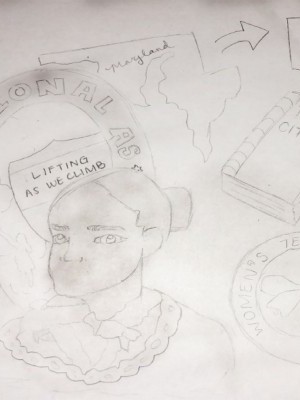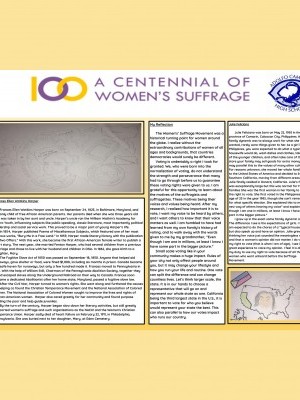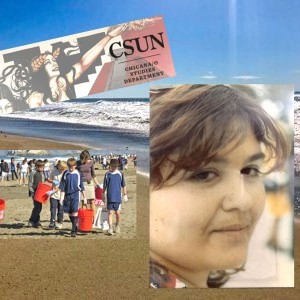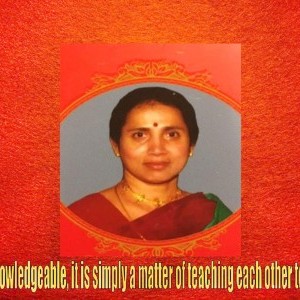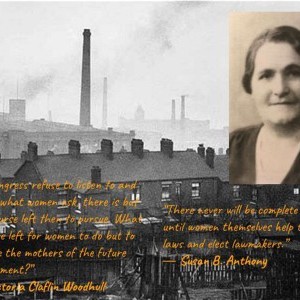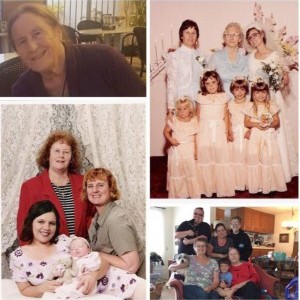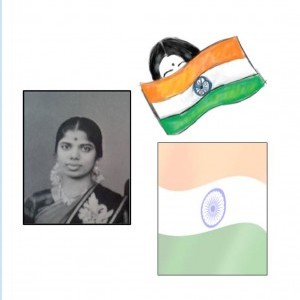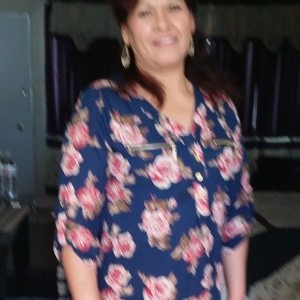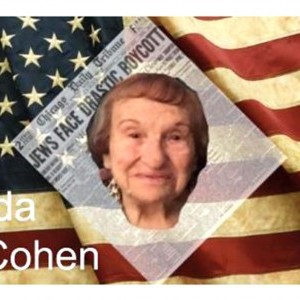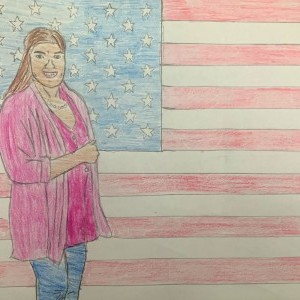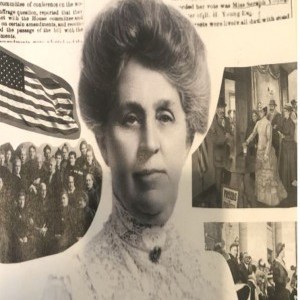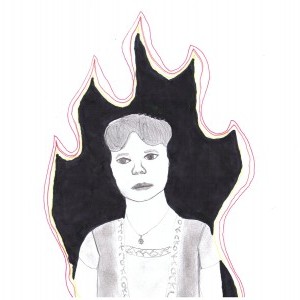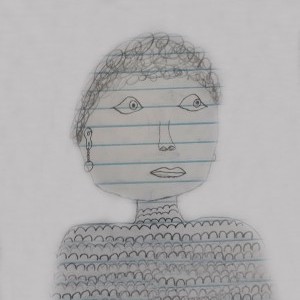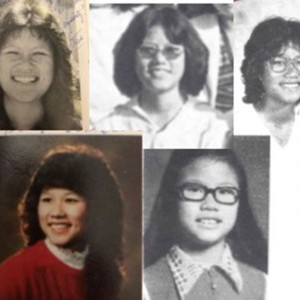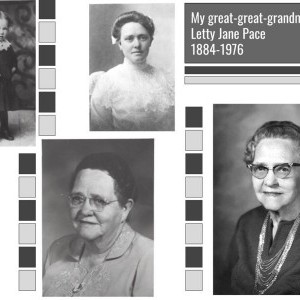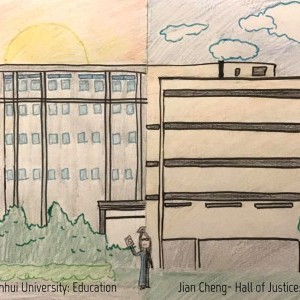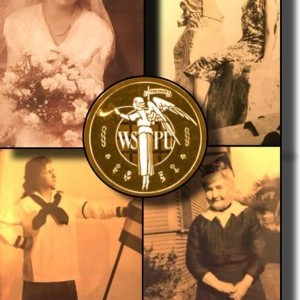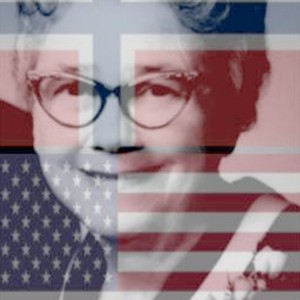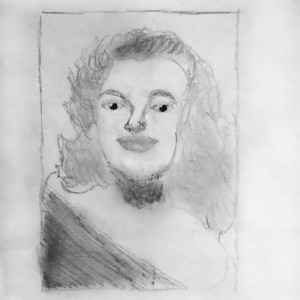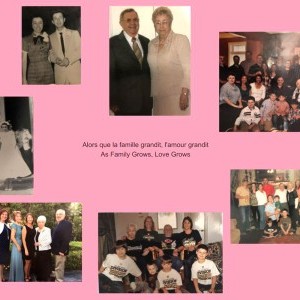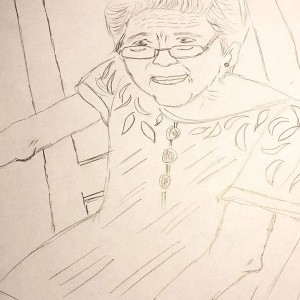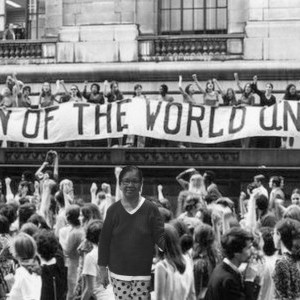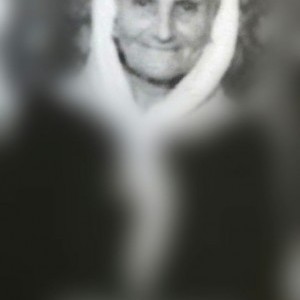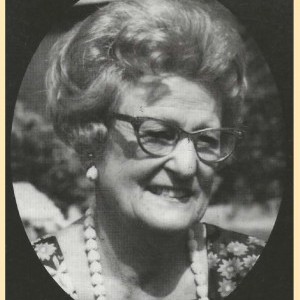Kaine Santos
Adolfo Camarillo High School | Camarillo, CA | 10th
Inspirational Family Member
My Grandmother
My grandmother, Julie Feliciano, was born on May 22, 1958 in the province of Camarin, Caloocan City, Philippines. Her family dynamic was to always work for what she wanted, rarely were things given to her. As a girl in the Philippines, you were expected to do what a typical housewife would do, wash dishes and clothes, take care of the younger children, and often take care of the small store where your family sold goods for extra money.
For reasons unknown, she moved her whole family here to the United States of America and decided to live in Southern California, moving from different areas until Julie finally resided in Oxnard, California. Julie’s family was exceptionally large but this was normal for Filipino families She was the first woman in her family to obtain the right to vote. She first voted in the Philippines at the age of 25 in the year 1983, though she can’t remember for what specific election. She explained this to me as “a new way of others hearing my voice” and explained “even though I am one in millions, at least I know I have some part in the bigger picture.”
I grew up in the exact same family dynamic as Julie. The difference I see is the expectations of girls. I find I am expected to do the chores of a “typical housewife” but also speak up and have an opinion. Julie grew up thinking her voice just sounded like meaningless noise and that a woman’s opinion did not matter. I do value my right to vote. I see it as a great experience to voice my opinion. I feel it is almost my duty to use my right to vote because of all the other women who went unheard before the Suffrage Movement.
Historical Figure I Admire
Frances Ellen Watkins Harper
Frances Ellen Watkins Harper was born on September 24, 1825, in Baltimore, Maryland, the only child of free African-American parents. Her parents died when she was three years old and she was taken in by her aunt and uncle. Harper’s uncle ran the William Watkins Academy for Negro Youth, which strongly influenced subjects like public speaking, classic literature and, more importantly, political leadership and social service work. This proved to be a major part of young Harper’s life. In her very early teens, Harper found a job with a Quaker family. With access to the family’s library, she was motivated to become a poet, fiction writer, and journalist.
In 1854, Harper published Poems of Miscellaneous Subjects, which featured one of her most famous works, "Bury Me in a Free Land." In 1859, Harper made literary history with the publication of "Two Offers." With this work, she became the first African-American female writer to publish a short story. The following year, she married Fenton Harper, who had several children from a previous marriage. She chose to live with her husband and children in Ohio. In 1862, she gave birth to a daughter, Mary.
On the gloomy day of April 24, 1851, a poster warned the people of policemen catching slaves. The Fugitive Slave Act of 1793 was a U.S. federal law which required the return of runaway slaves; however, this was rarely ever enforced. The Fugitive Slave Act of 1850 was passed on September 18,1850, and this new law held law enforcement officers liable for a $1,000 if they failed to enforce this new act. Anyone that aided runaways, gave shelter or food, were subject to a $1,000 fine and six months in prison. Canada soon became the safe haven for runaways, but only a few hundred made it. Frances moved to Pennsylvania in 1851. With the help of William Still, Chairman of the Pennsylvania Abolition Society, she aided escaped slaves along the Underground Railroad on their way to Canada. Frances soon became a dedicated Abolitionist after her home state, Maryland, passed a fugitive slave law.
After the Civil War, Harper turned to women's rights, working with Susan B. Anthony and Elizabeth Cady Stanton to secure women the right to vote. The Thirteenth, Fourteenth and Fifteenth Amendments to the Constitution were important post-Civil War amendments that were meant to secure rights for former slaves. The Thirteenth banned slavery, while the Fifteenth banned race-based voting qualifications. The Fourteenth Amendment gave a broad definition of national citizenship but Frances, Susan, and Elizabeth thought the black man’s right to vote dulled the importance of women's votes. However, Frances supported the Fourteenth Amendment, thinking that the African-American community needed a voice and that securing further legal and civil rights was possible.
Frances went along and furthered the causes by helping co-found the Christian Temperance Movement and the National Association of Colored women. The National Association of Colored Women sought to improve the lives and rights of African-American women. Harper also cared greatly for her community and found purpose feeding the poor and helping to guide juveniles. By the turn of the century, Harper began to slow down her literary activities, but still greatly supported women's suffrage and such organizations as the NACW and the Women's Christian Temperance Union. Harper sadly died of heart failure on February 22, 1911, in Philadelphia, Pennsylvania. She was buried next to her daughter, Mary, at Eden Cemetery.
What the Project Means to Me
The Women’s Suffrage Movement was an historical turning point for women around the globe. I realize without the extraordinary contributions of women of all ages and backgrounds, that countries’ democracies would surely be different. Voting is undeniably a right I took for granted. We, who were born into the normalization of voting, do not understand the strength and perseverance that many had to go through before us to guarantee these voting rights we have today. I am grateful for this opportunity to learn about the motives of the suffragists and suffragettes to have their voices and values being heard. After my research, I realized how important it is to vote, I want my voice to be heard by others, and I want others to know that their voice matters as well. I am humbled by the words given to me by my grandmother: “Even though I am one in millions, at least I know I have some part in the bigger picture.”
Small scale voting in your community makes a huge impact. Rules of your city not only affect people around you, but it may change your lifestyle and how you run your life and routine. One vote can change countless lives. Let’s think larger scale, the state. It is in our hands to choose a representative that will go on and represent our whole state. California being the third largest state in the U.S., it is important to vote for who you believe would represent your state the best.
Explore the Archive
More From This Class
Click on the thumbnails below to view each student's work.Deadline Extended
There's still time to join Women Leading the Way.
Become a part of our storytelling archive. Enroll your class today.
Join the Project

